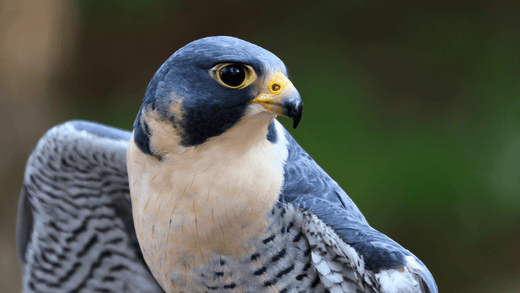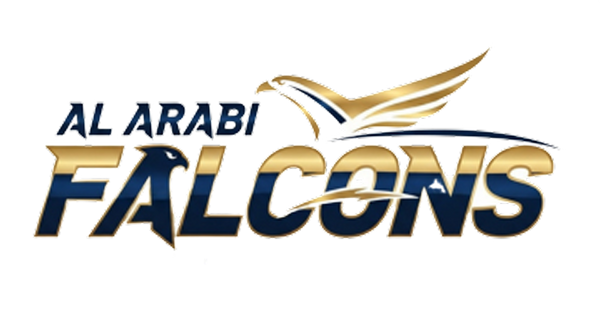
Types of Feeding
Share
Types of feeding and meat characteristics of falcons
It is important to carefully select the meat served to falcons due to its impact on health, flight and feather quality. Therefore, a falconer should consider the following:
- Meat should be rich in nutrients.
- Proper storage and freezing of meat to avoid nutrient loss.
- Ensure the cleanliness and health of the meat and from a reliable source.
Question: Why is careful selection of meat important for falcon health?
Diseases transmitted through contaminated food
- Parasitic diseases: such as trichomoniasis (thrush) and intestinal worms.
- Bacterial diseases: generally.
- Viral diseases: such as Newcastle and Herpes virus.
- Fungal diseases: such as aspergillosis (aspergillosis).
Question: What are some parasitic diseases that can be transmitted to falcons through contaminated food?
Tips for feeding falcons
- Do not give frozen, cold or hot meat.
- Avoid pre-cooked meat.
- Defrost meat quickly by placing it in warm water.
- Do not store meat for more than six months.
- Do not completely remove fat from meat.
- Leave the bones in the meat to get vitamin D and calcium.
- Serve prey with feathers occasionally to clean the digestive tract.
- Feed the internal organs of prey to falcons every now and then.
- Clean the meat contaminated with sand thoroughly.
Question: Why is it preferable to defrost meat quickly?
Preparation of frozen meat
- Store meat in a clean and sterile place.
- Do not expose meat to sunlight or heat.
- Prepare only the necessary quantities of meat.
- Defrost in two ways: quickly by placing it in warm water, or slow by placing it in the refrigerator and then taking it out.
- Clean and sterilize used tools daily.
Question: What is the best way to defrost frozen meat?
Preparation of fresh meat
- Check the source of live meat.
- Feed the birds provided to falcons well.
- Serve meat immediately after slaughter.
- Remove the head, neck and giblets after the slaughter of live pigeons and freeze them for two weeks.
- Examination of the internal organs of live birds after slaughter.
- Get rid of the stomach, intestines and urinary tract.
- Avoid serving meat for birds caught with bullets.
Question: Why should the internal organs of birds be examined after slaughter?
Food Additives & Enhancers
- Adult falcons do not need food additives if the meat is varied and healthy.
- In breeding seasons, parents and goslings need calcium and vitamin D.
Q: When do falcons need food additives?
